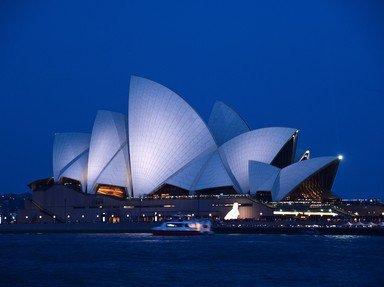4. Tales of bushrangers, whether accurate or embellished, are as culturally iconic in Australia as kangaroos and koalas. Which Rolf Boldrewood novel tells of the exploits of the bushranger Captain Starlight and his Aboriginal right hand man Warrigal?
From Quiz Black and White and Read All Over
Answer:
Robbery Under Arms
Along with Captain Starlight and Warrigal, brothers Dick and Jim Marston and their father Ben form a formidable quintet of bushrangers. They are guilty of the typical activities of men of their ilk, such as cattle duffing, horse stealing, mail coach bail ups and bank robbery. Although his skills with handling cattle and as a master horseman, as well as his tracking abilities are well respected by the others, Warrigal is still never completely trusted by any of them. There is a mutual disliking between the Marston brothers and Warrigal, and Ben Marston's opinion is that Warrigal is "worth watching." Even after all his loyalty during their clandestine escapades, Captain Starlight's treatment of Warrigal is, at times, little more than contemptible; "Starlight used to knock him down like a log if he didn't please him." Yet with all the admiration he has for Starlight, Warrigal takes it all in his stride, even to the extent that he is "regular put out once when Starlight hurt his knuckles against his hard skull." But there's no honour amongst thieves as the old adage says and Warrigal eventually turns police informant, leading to the inevitable downfall of himself and the Starlight Gang.
Rolf Boldrewood, the pen name of Thomas Alexander Browne, began writing 'Robbery Under Arms' in 1880 and it was printed the following year in serial form in the 'Sydney Mail' newspaper. It was first published in book form in 1888 in three volumes and has become Boldrewood's best known work having been adapted since into a stage play and several films. Although it is a work of fiction, many of the characters and events in the story were inspired by and based upon real Australian bushrangers and their cunning escapades.
'For the Term of His Natural Life' was written by Marcus Clarke in 1870 and follows the story of a convict transported to the penal colony of Van Diemen's Land. Contrary to its title, Peter Carey's 2001 Booker Prize winning 'True History of the Kelly Gang' is a fictionalised account of Australia's most famous bushrangers. 'The Wild Colonial Boy' is a traditional ballad originating in Ireland that has made its way to the antipodes and, with a few changes to the wording, become a popular Australian bush ballad.








 Quick Question
Quick Question